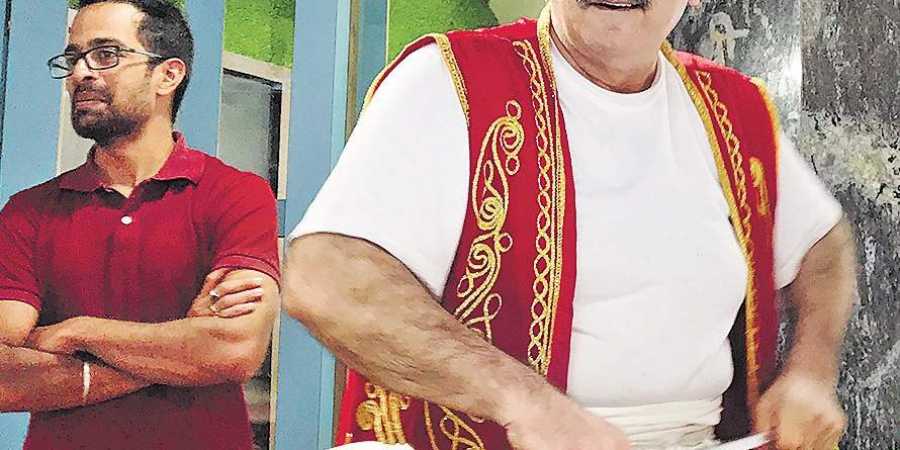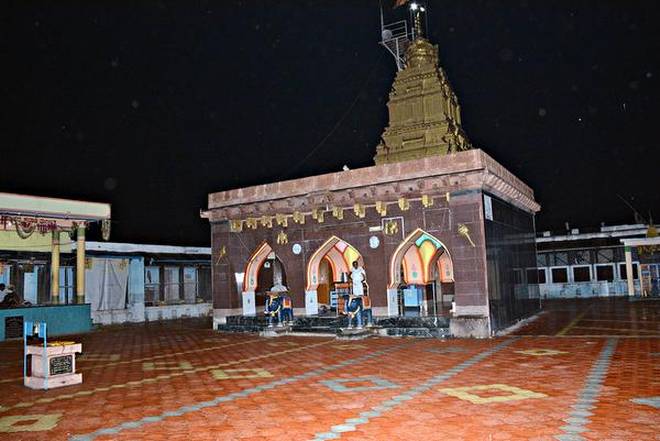Zuhair Fiyaz, who is in his mid-20s, discovered this ice cream parlour and fell in love with it.
Bengaluru :
I scream, you scream, we all scream for ice cream! Meet your sweettooth cravings here at The Maras, south India’s first Turkish ice cream parlour that opened recently on the busy Jyoti Nivas College Road in Koramangala.
There are a variety of flavours that one can try here. A Turkish flavour, Saada, originated from the Turkish word Saadee, is also available here. Other flavours include the popularly-sold almond honey, chocolate brownie, kiwi (they claim to use the kiwi fruit for its rich flavour), pistachio, caramel and strawberry-banana, that tastes like a bubble gum.
It’s a joint venture by Nikita Agarwal, her husband, Vinay Agarwal and brothers in-law Manish and Nikhil Agarwal. They say they wanted to start something unique and hence, came up with this idea. “Our tagline – Serving cones with happiness – is in par with the way we serve Turkish ice creams to people. Our happiness ‘delivery man’, Mustafa, is from Turkey and the way he plays with the ice cream before handing it over is unique and exciting to watch. People, especially children, queue up in front of the shop and watch him prepare the ice cream for two minutes. It’s fun to watch him serve scoops of ice cream on the cone,” says Nikita.
But, why the name Maras? “Dondurma, the Turkish ice cream, as is originally called, is believed to have been found in the city of Maras in Turkey. Hence, we decided to just name it The Maras (pronounced Marash),” says Manish.
Apart from ice creams, they also sell Turkish sweets such as baklava and bulbul, and their sale shot up during the festive season. “We are open on all days, from 12.30 pm to 12 am. We were a hit during Diwali as people were looking for unique sweets for gifting purposes,” says Nikita. “We recently added the Matcha flavour, originally from Japan, which tastes similar to green tea, for diet-conscious people,” she adds.
Zuhair Fiyaz, who is in his mid-20s, discovered this ice cream parlour and fell in love with it. He says, “I have visited this ice cream parlour thrice and my aim is to try out all their flavours one by one. Mustafa is a delight to watch every time I buy an ice cream from him. They gave me a loyalty card which offers my 10th ice cream for free.” Approx. cost for two: Rs 150
Customers say watching Mustafa make the ice creams is a delight.
source:http://www.newindianexpress.com / The New Indian Express / Home> Cities> Bengaluru / by Sudeshna Dutta / Express News Service / November 10th, 2018







